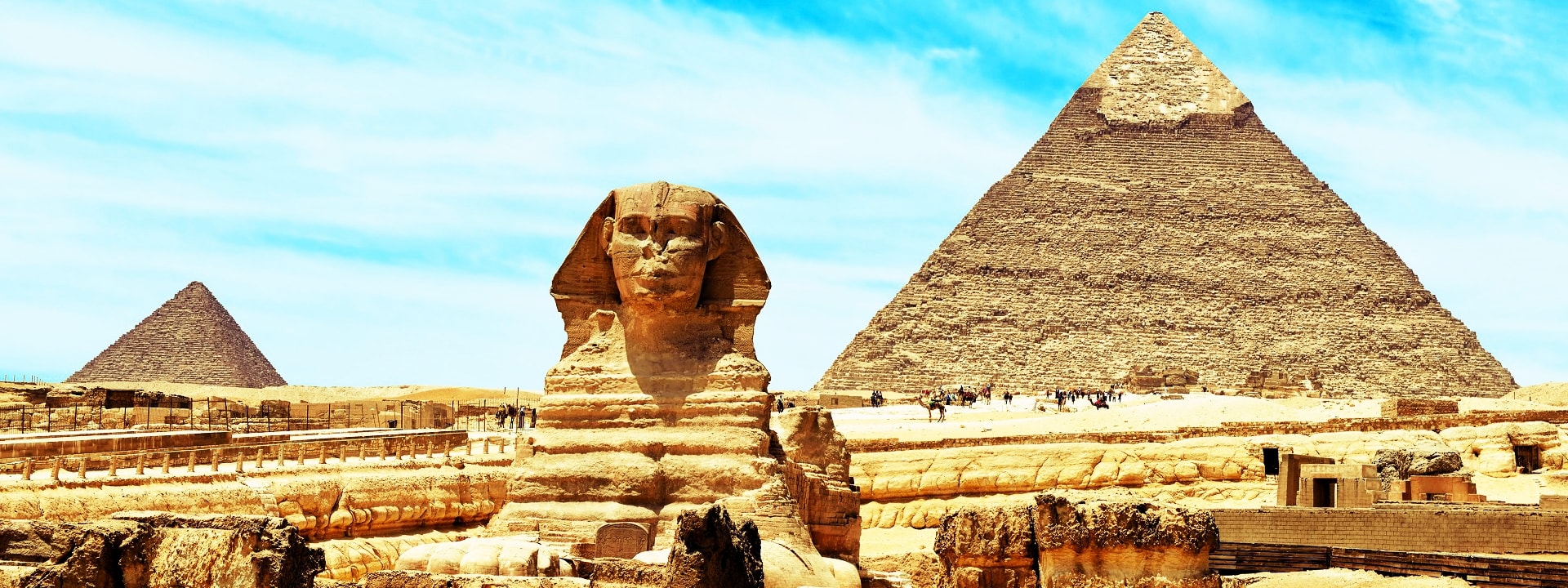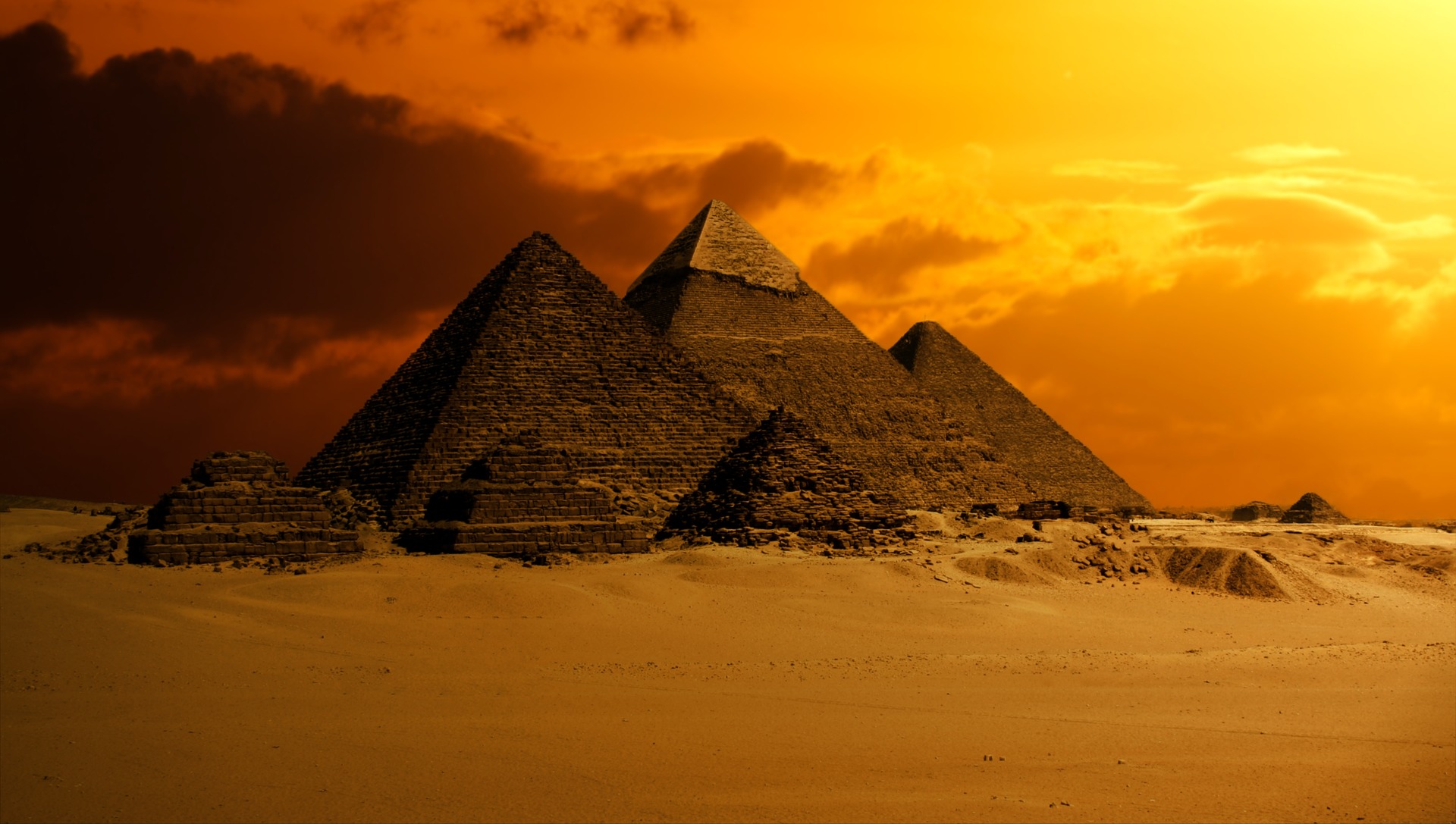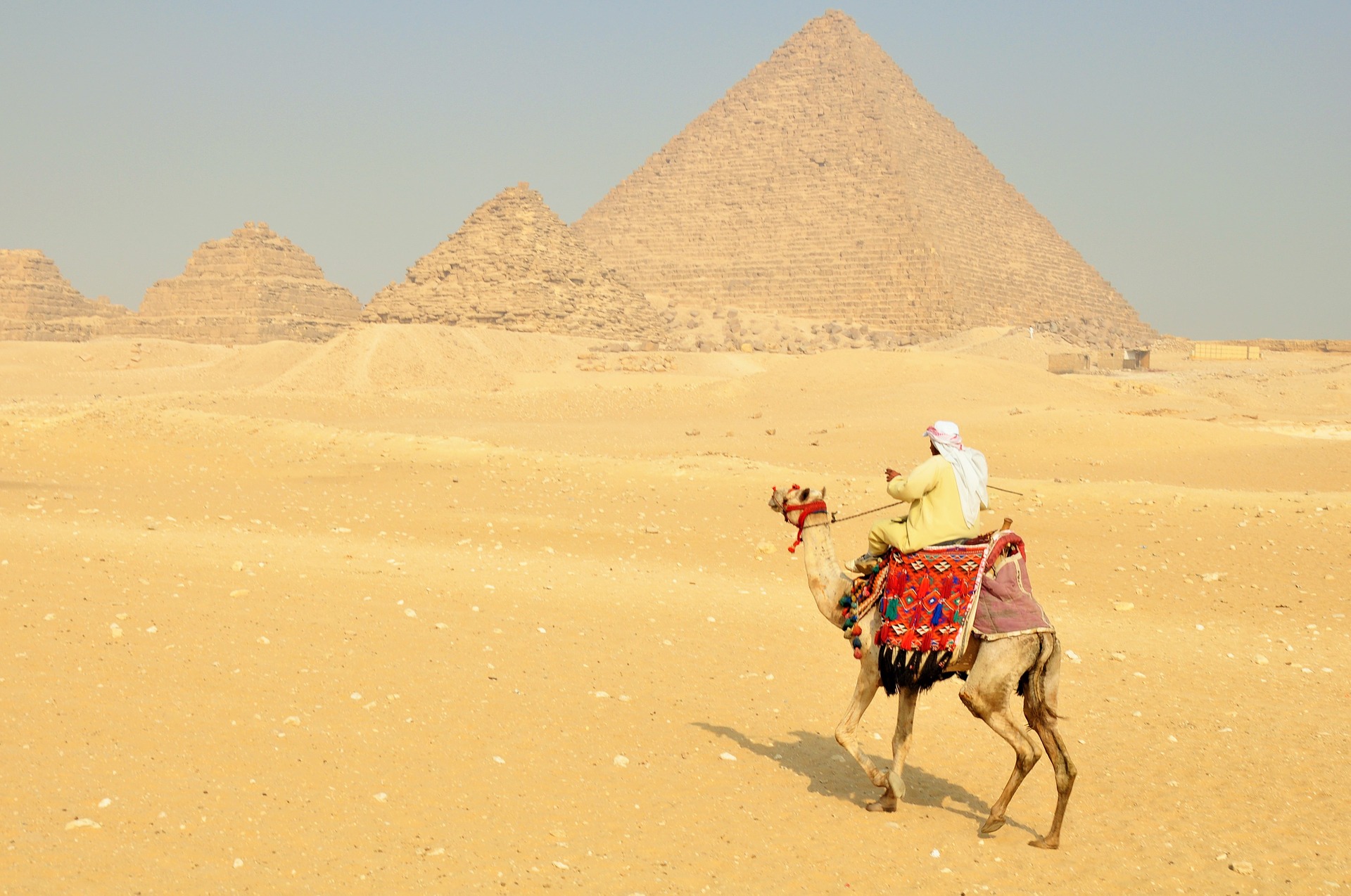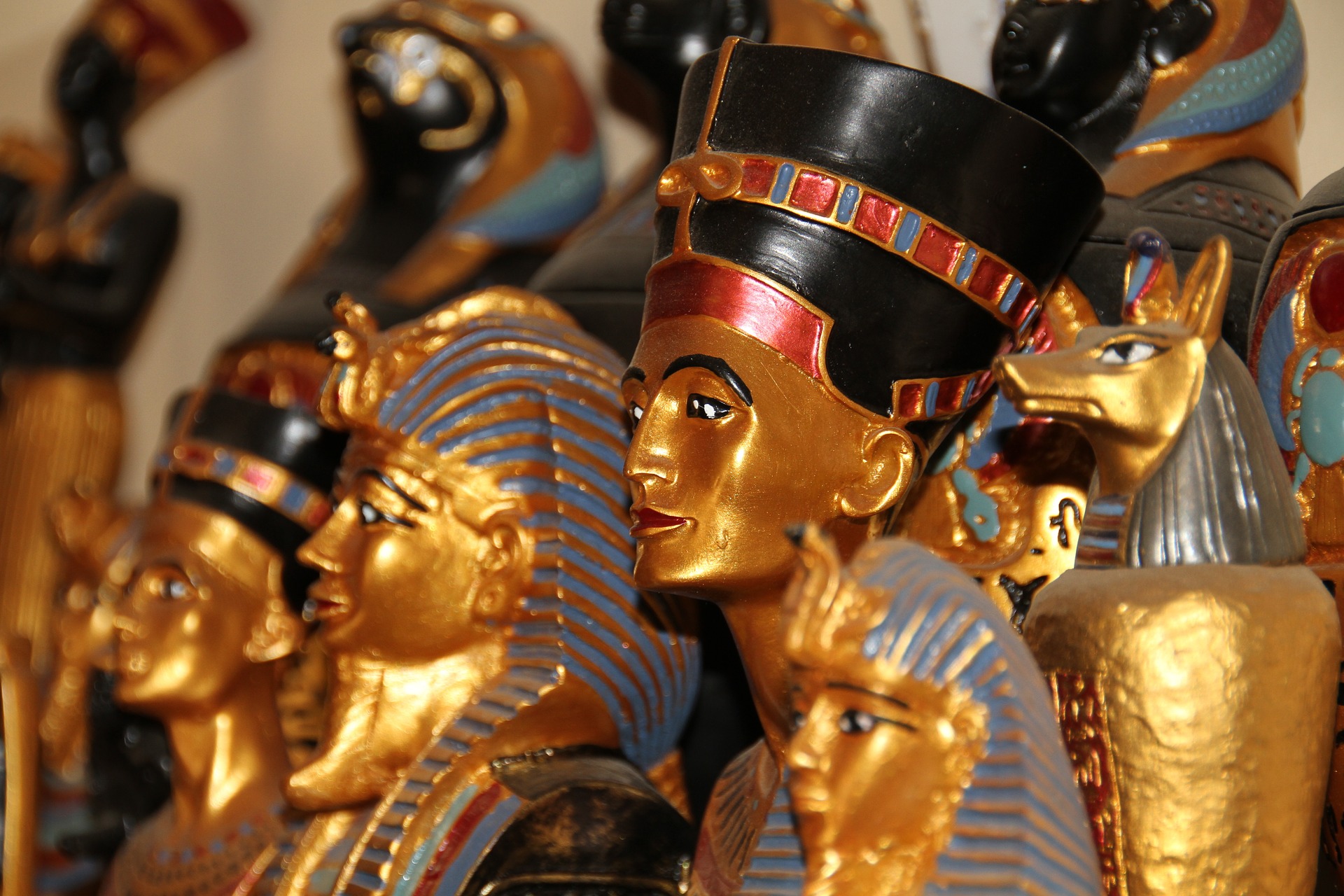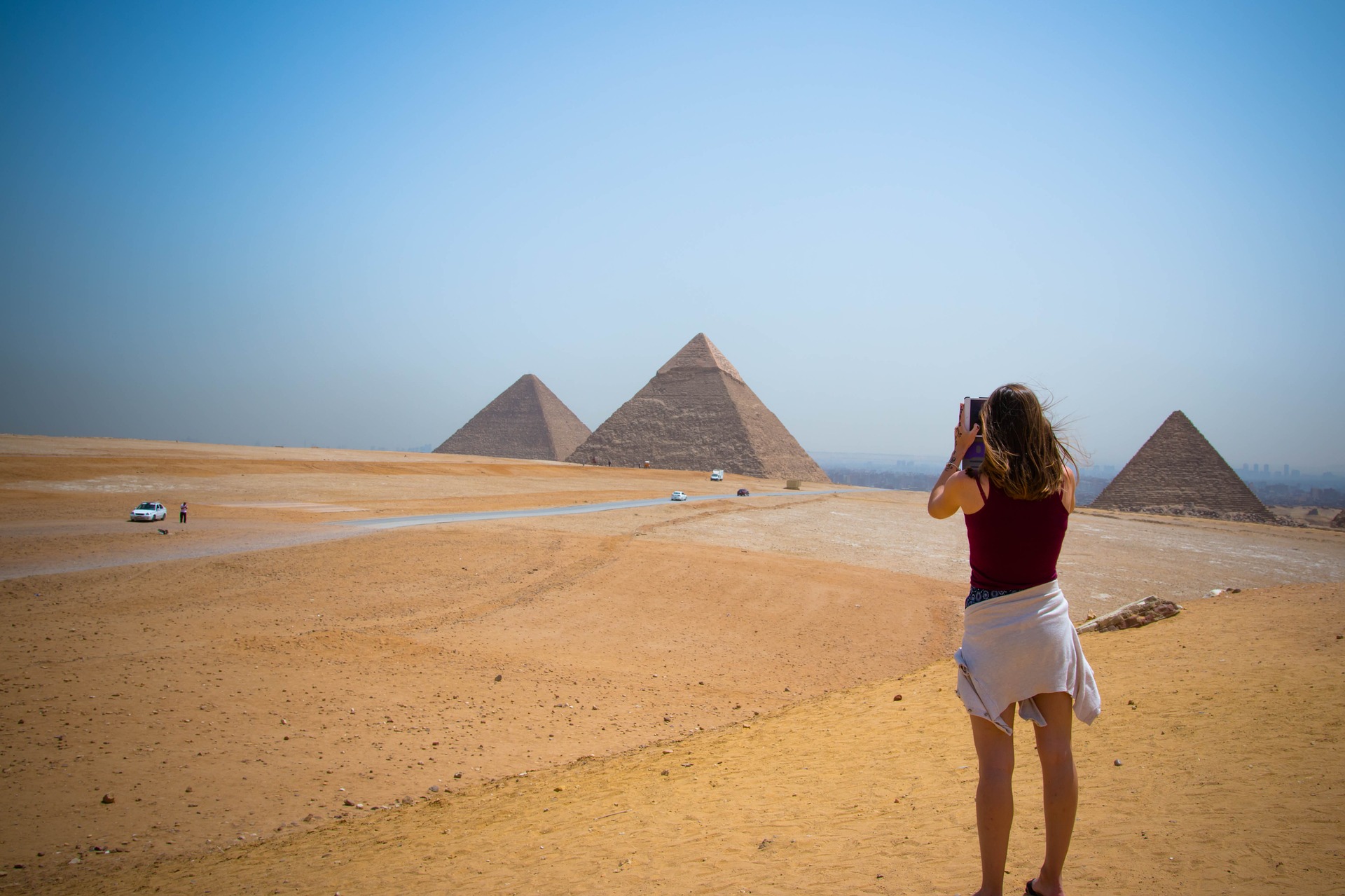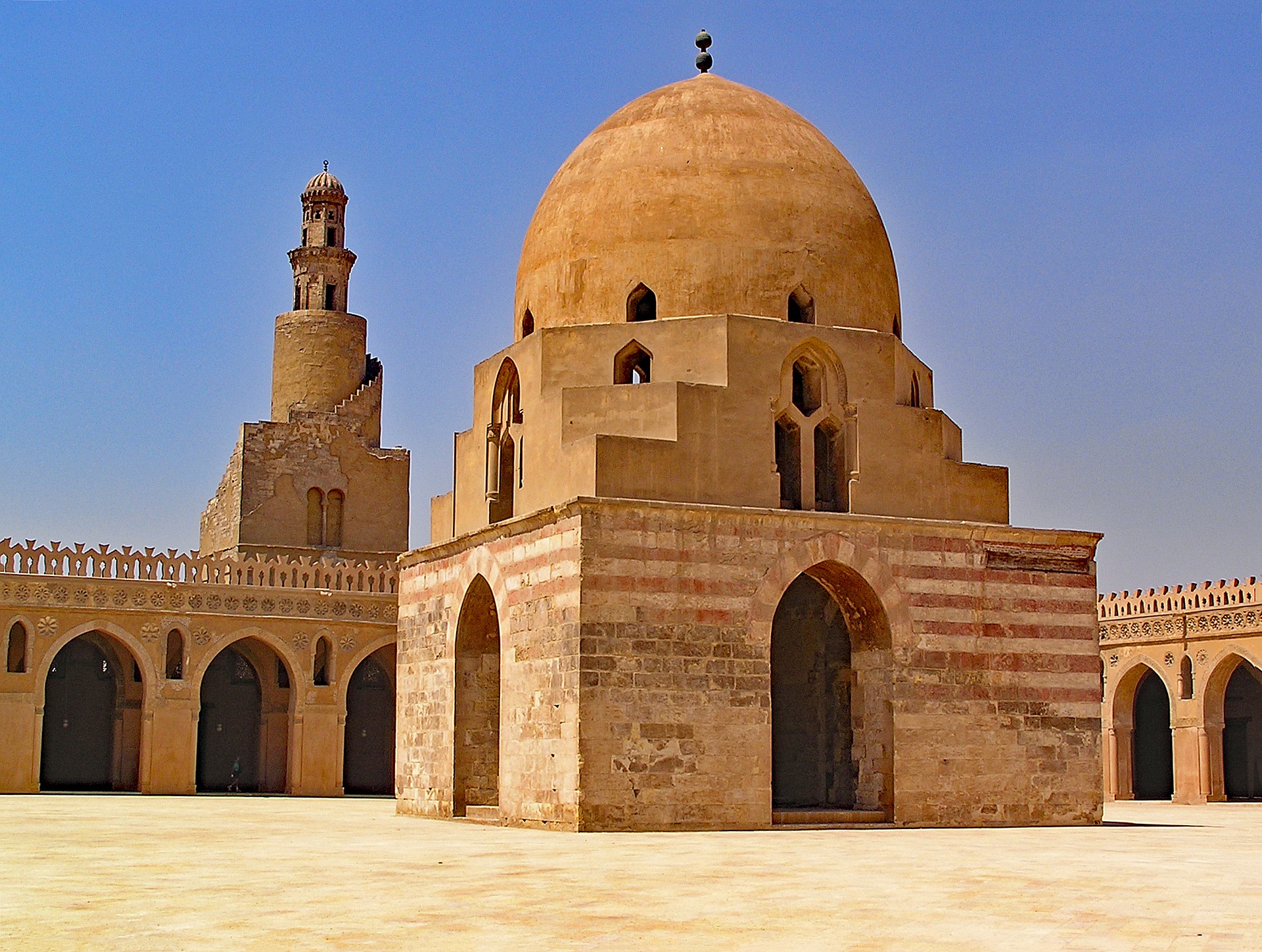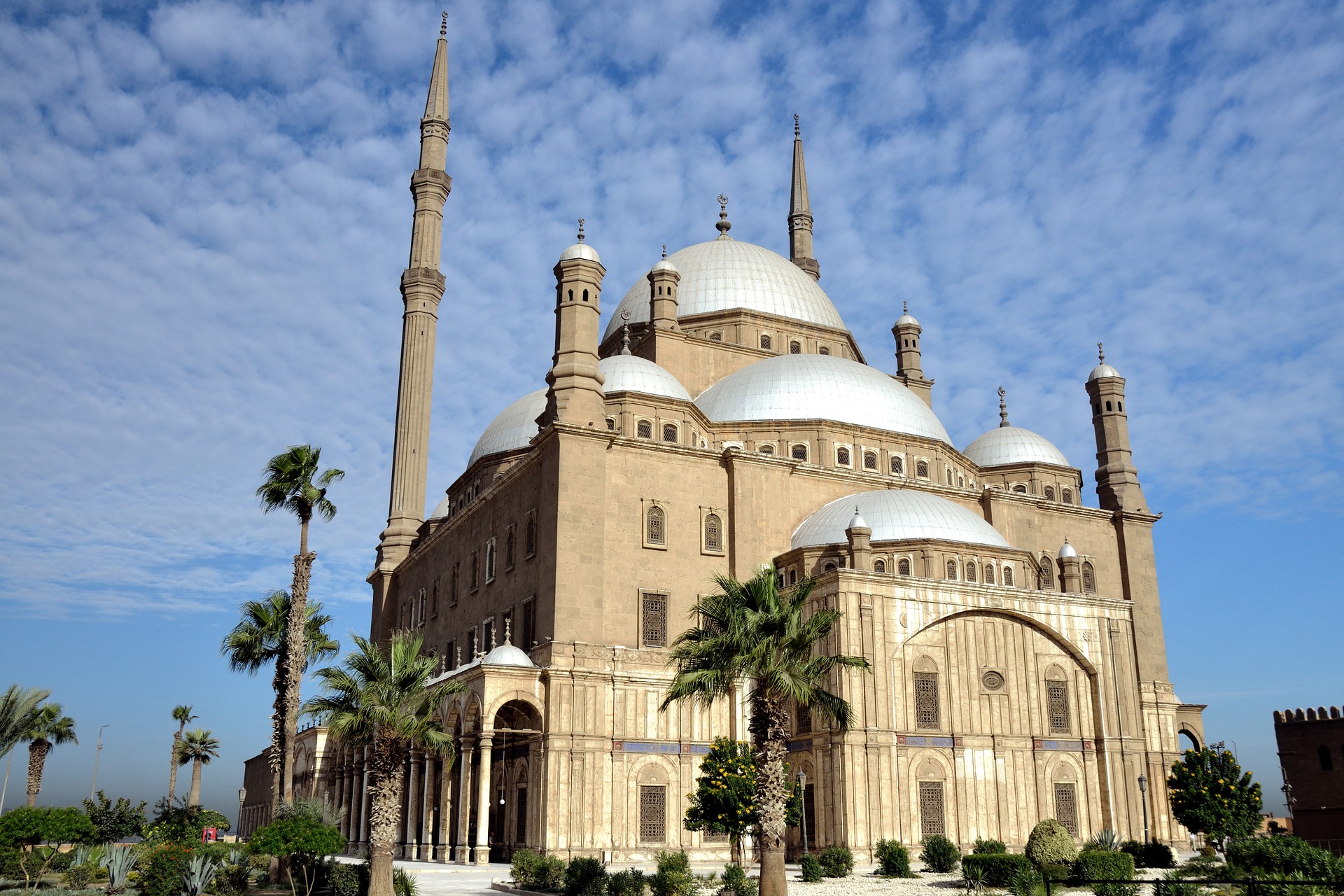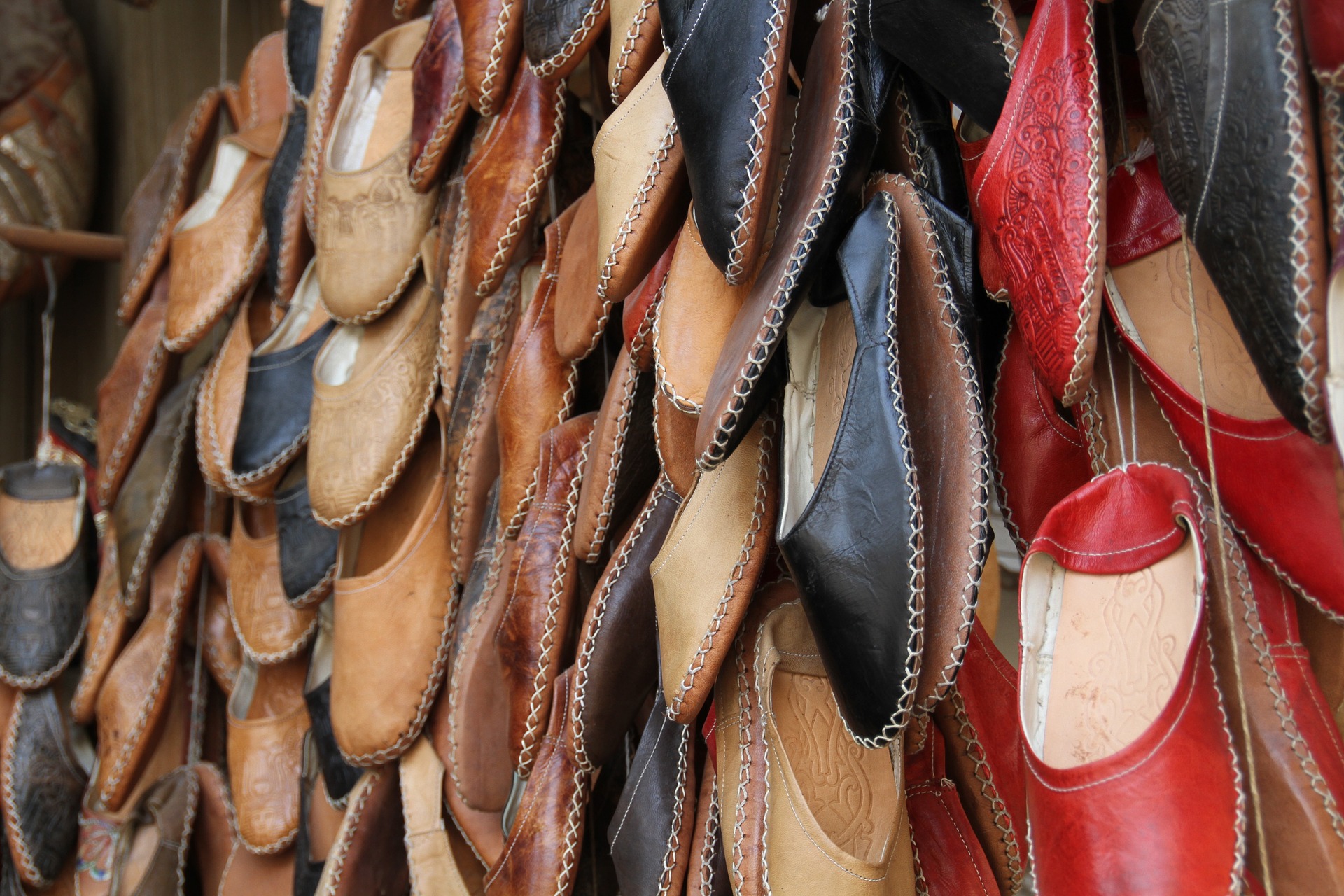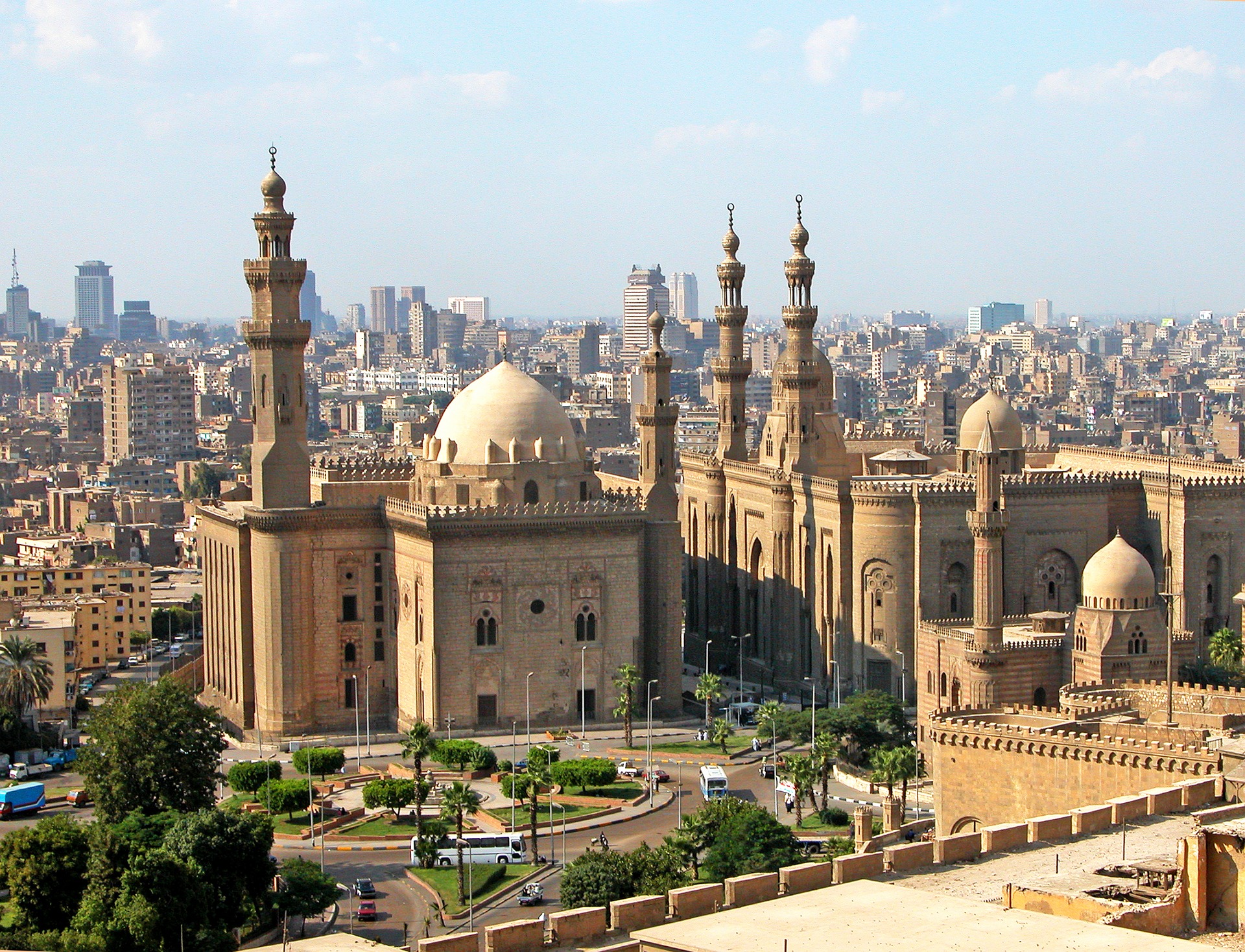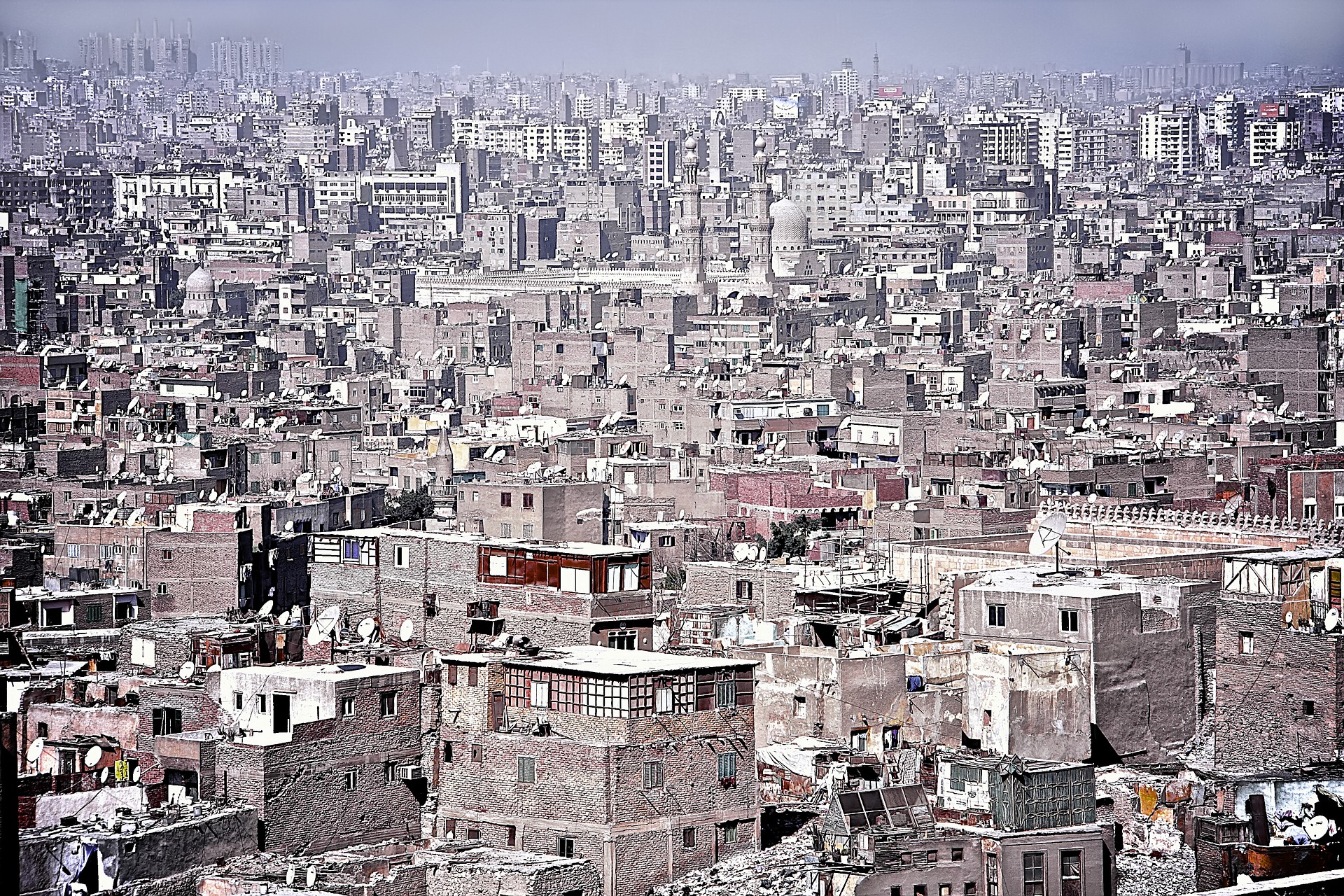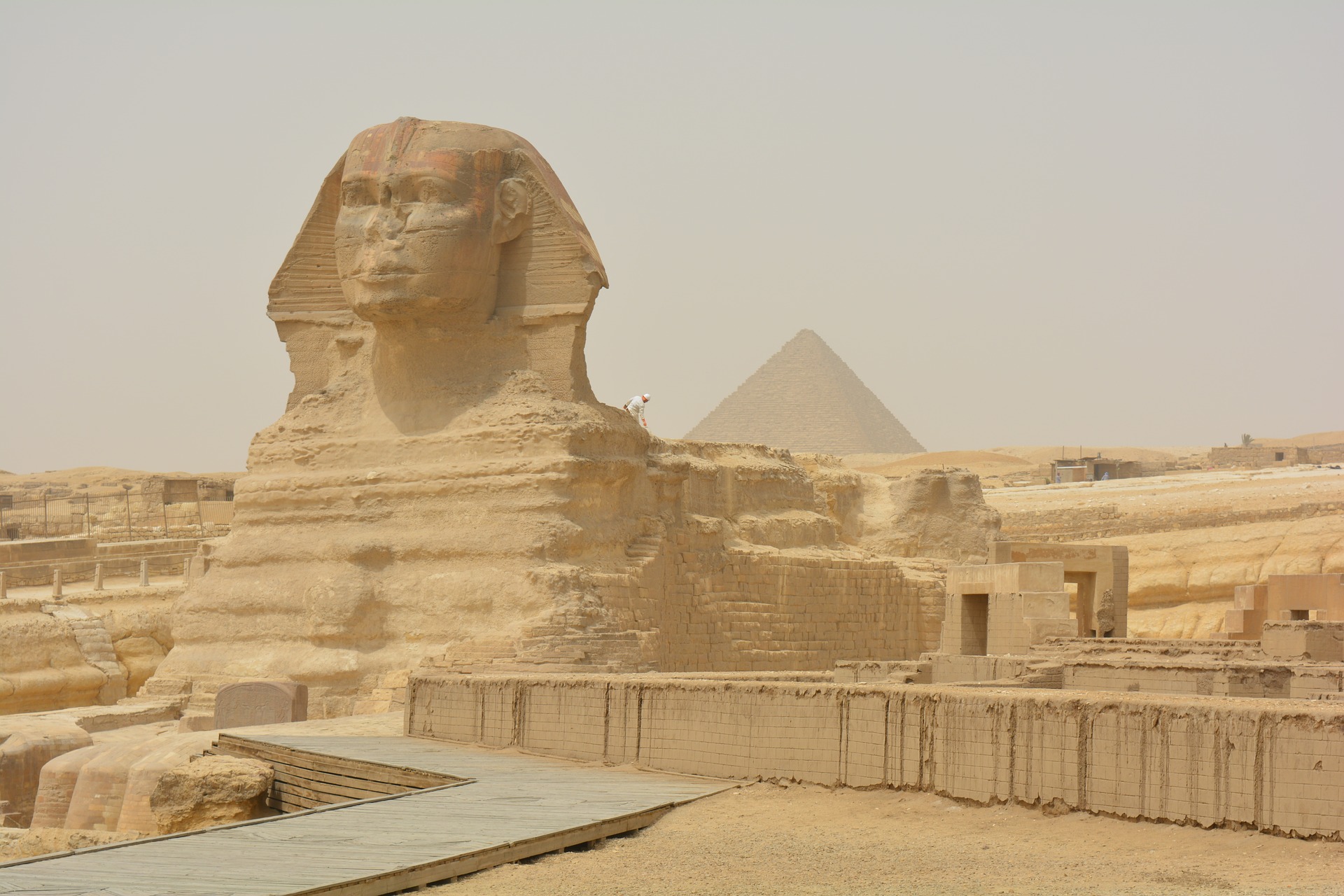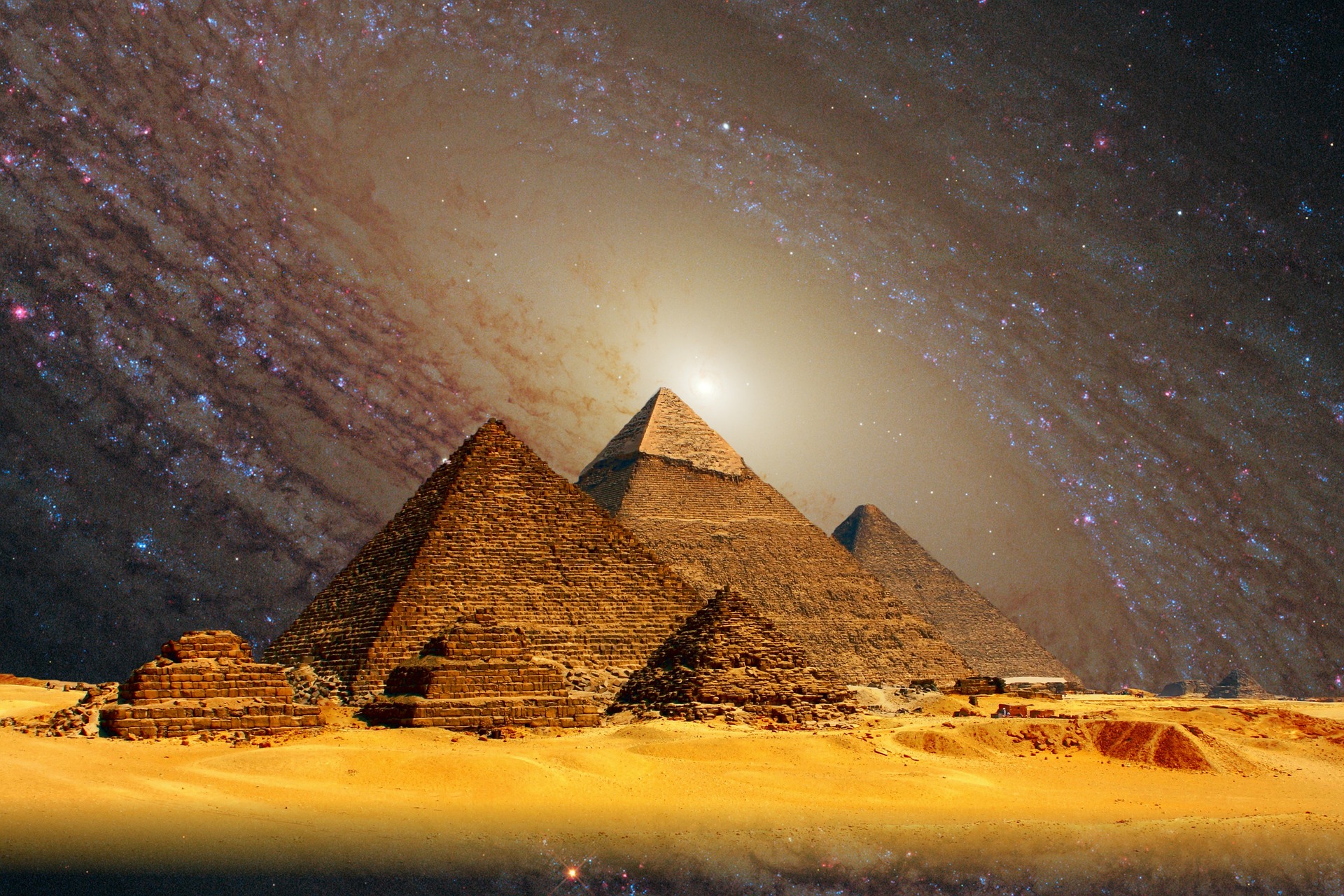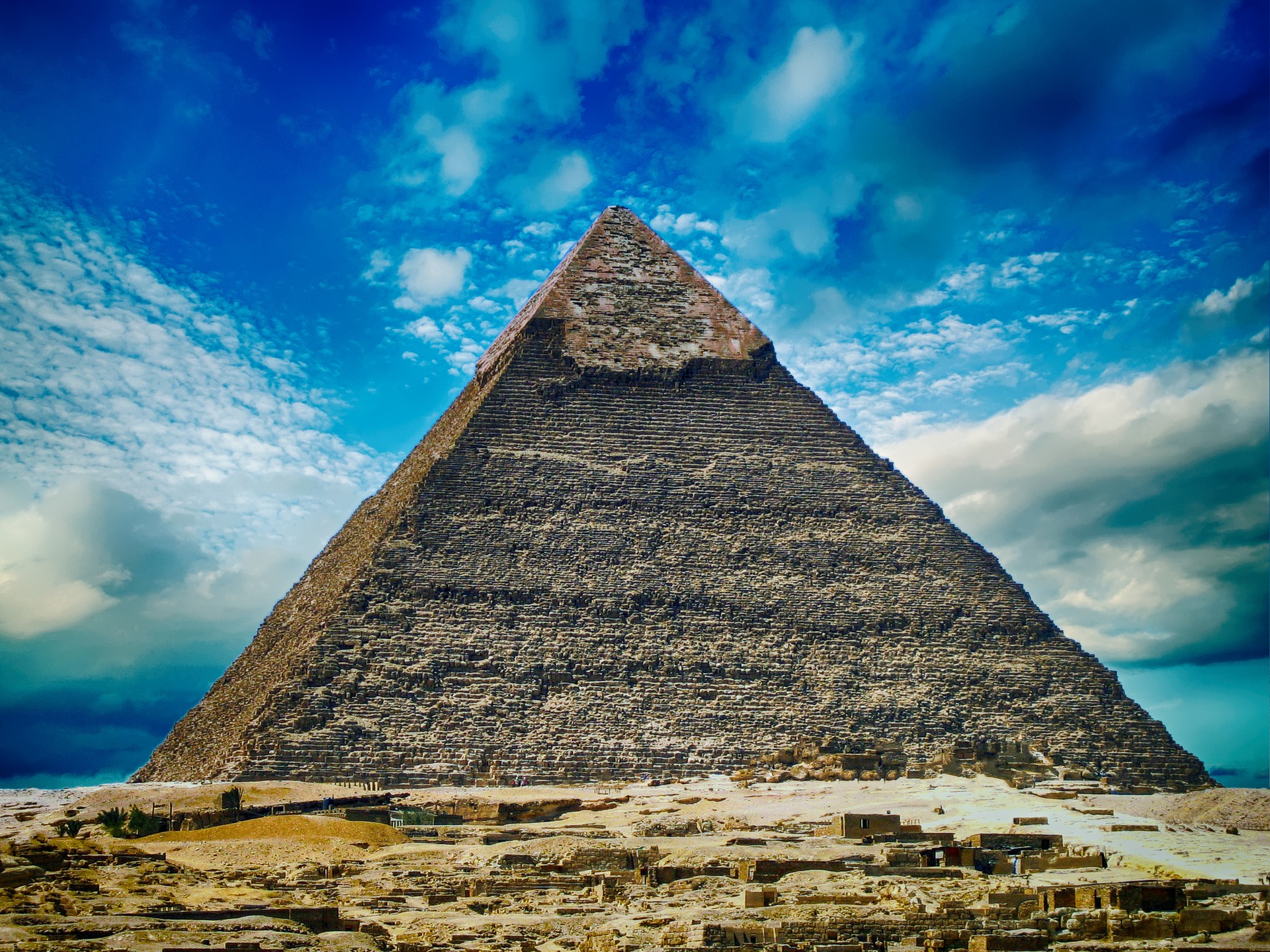The capital of Egypt and the largest city in Africa, the name means "the victorious city". It is located on both banks of the River Nile near the head of the river's delta in northern Egypt and has been settled for more than 6000 years, serving as the capital of numerous Egyptian civilizations. Cairo is known locally as "Misr", the Arabic name for Egypt, because of its centrality in Egyptian life.
Greater Cairo is spread across three of Egypt's administrative governorates. The north eastern part is known as Kaliobia Governorate, while the west bank is part of the governorate of Giza, and the eastern parts and south eastern parts are another governorate known as Cairo, the three parts are known together as greater Cairo. The city is marked by the traditions and influences of the East and the West, the ancient and the modern. However, the city also reflects Egypt's growing poverty, and it struggles to cope with problems caused by massive population growth, urban sprawl, and a deteriorating infrastructure.
This mega-city's constant buzz and noise is a product of its 22-or-so million inhabitants simultaneously crushing Cairo's infrastructure under their collective weight and lifting its spirits up with their exceptional humour. Your nerves will jangle, your snot will run black from the smog and touts will hound you at every turn, but it's a small price to pay to tap into the energy of the place Egyptians call Umm Ad Dunya – the Mother of the World.
Blow your nose, crack a joke and look through the dirt to see the city's true colours. If you love Cairo, it will definitely love you back.
Cairo’s an ancient city that also happens to be a modern metropolis—it’s one of the biggest cities in the Middle East and has the traffic and noise issues to prove it. But as long as you’re not looking for solitude, Cairo—the City of the Thousand Minarets—is a splendid place to explore Egyptian history and culture. (Editor's note: Our list was compiled before political unrest prompted many countries to issue travel warnings for Egypt. If you're currently planning a trip to Egypt, please consider the risks and monitor your government's travel alerts.)
The Pyramids at Giza have been the longtime favourite tourist attraction of greater Cairo, but with the rich textured religious history of this city, there are many sights and areas of town worth exploring. Visit the opera house, take a ride on a camel, interact with local merchants, or even get a guided tour through the city! It's all possible, the only limits are the ones you create for yourself, whatever your choice, the city will welcome you with open arms!
On first impression, there is hardly a superlative too extreme to capture the epic scale of this city of some 15 million—or 14, or 16; no one really knows for sure—that sprawls in all directions. The traffic, the people, the chaotic rhythm of Cairo will all reinforce this impression, threatening to overwhelm you. So take your time, relax over a mint tea in a café, or wander the quiet back alleys, and a different world will be revealed to you. In many ways Cairo is the proverbial overgrown village, full of little districts and communities that feel much smaller and more intimate than the city of which they're part.
Like so much else in Egypt, Cairo's charm is a product of its history, its network of districts and communities the physical remains of a thousand years of being conquered and reconquered by different groups. The city didn't really begin, as you might expect, with the pharaohs; they quartered themselves in nearby Memphis and Heliopolis, areas only recently overtaken by Cairo's outward urban spread. The Pyramids at Giza, on the west bank of the Nile, mislead the eye in search of Cairo's origins because this has always been an east-bank city. It's only since the 1960s that the city has moved faster than the river, leaping the banks and drawing in the endless modern suburbs on the west bank
Direct Flights to Cairo International Airport:
| Airlines | Destinations |
| Air Arabia | Ras al Khaimah, Sharjah |
| Air Sinai | Tel Aviv–Ben Gurion |
| British Airways | London–Heathrow |
| EgyptAir |
Abha, Abidjan, Abu Dhabi, Abuja, Accra, Addis Ababa, Alexandria–Borg el Arab, Algiers, Amman–Queen Alia, Amsterdam, Asmara, Assiut, Aswan, Athens, Baghdad, Bahrain, Bangkok–Suvarnabhumi, Barcelona, Beijing–Capital, Beirut, Berlin–Schönefeld, Brussels, Casablanca, Copenhagen, Dammam, Dar es Salaam, Dubai–International, Entebbe, Erbil, Frankfurt, Gassim, Geneva, Guangzhou, Hong Kong, Hurghada, Istanbul–Atatürk, Jeddah, Johannesburg–OR Tambo, Juba, Kano, Khartoum, Kuwait, Lagos, London–Heathrow, Luxor, Madrid, Medina, Milan–Malpensa, Moscow–Domodedovo, Mumbai, Munich, Muscat, Nairobi–Jomo Kenyatta, N'Djamena, New York–JFK, Paris–Charles de Gaulle, Riyadh, Rome–Fiumicino, Sharjah, Sharm el-Sheikh, Tokyo–Narita, Toronto–Pearson, Tunis, Vienna |
| EgyptAir Express | Abu Simbel, Alexandria–Borg el Arab, Aswan, Athens, Budapest, Hurghada, Larnaca, Luxor, Marsa Alam, Sharm el-Sheikh, Sohag |
| Emirates | Dubai–International |
| Ethiopian Airlines | Addis Ababa |
| Etihad Airways | Abu Dhabi |
| Gulf Air | Bahrain |
| Jordan Aviation | Amman–Queen Alia |
| Kenya Airways | Nairobi |
| Tunisair | Tunis |

 Español
Español
 Français
Français
 Italiano
Italiano
 Português
Português
 Deutsch
Deutsch
 Pусский
Pусский
 العربي
العربي
 Magyar
Magyar
 Polski
Polski
 Nederlands
Nederlands
 简体中文
简体中文
 Norsk
Norsk
 Suomi
Suomi
 Svenska
Svenska
 Dansk
Dansk
